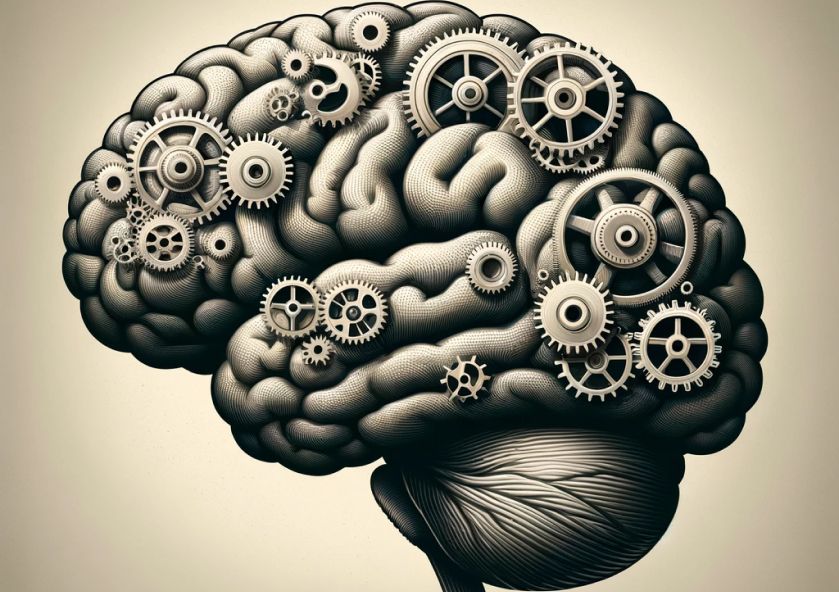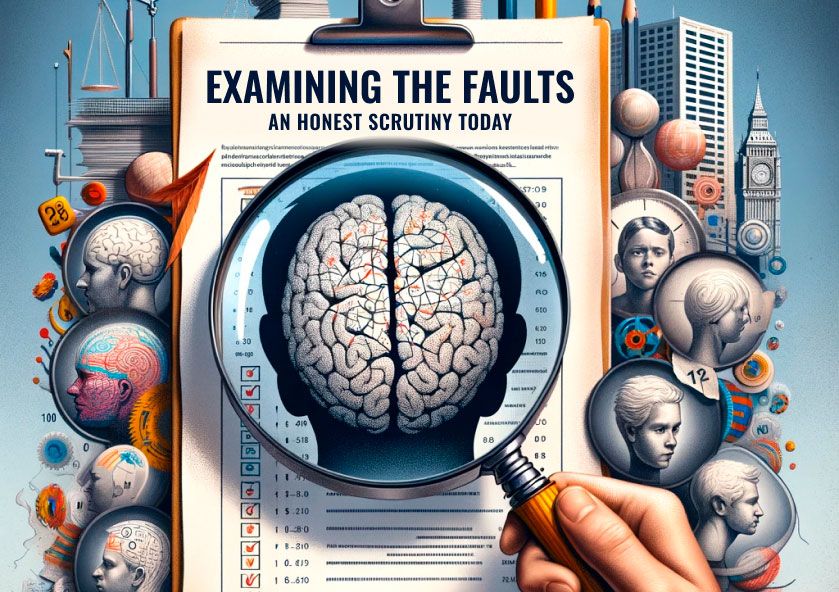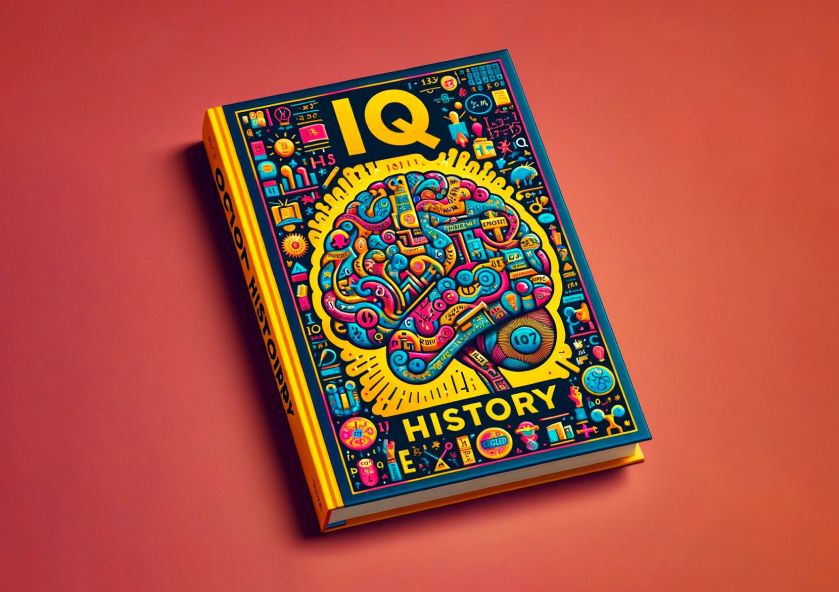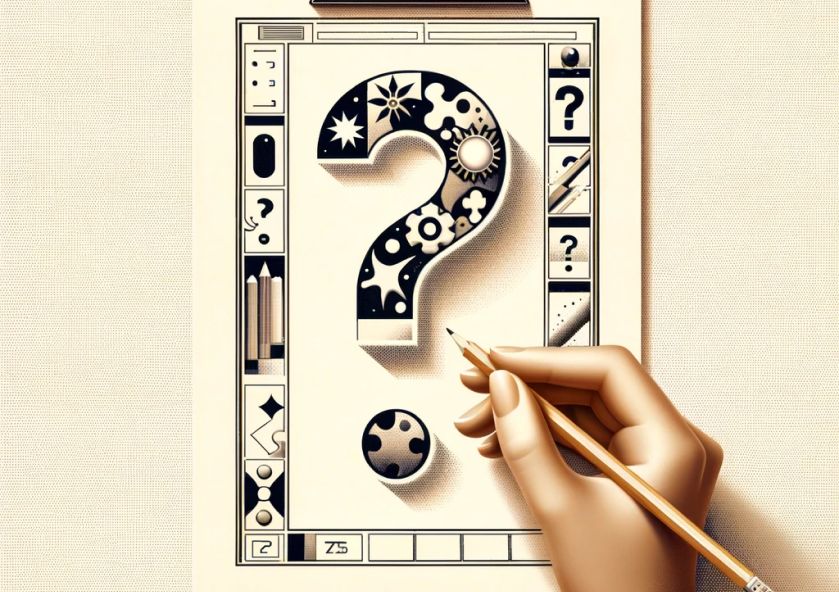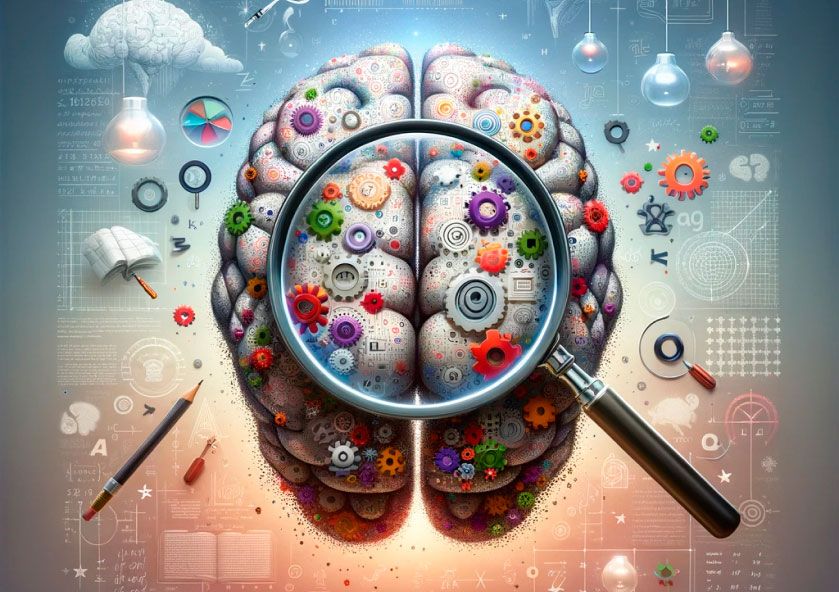Navigating IQ Test Results: A Straightforward Exploration
Grasping Your IQ Test's Meaning
When the results from an IQ test come in, it's about understanding simple truths. The question "what is my IQ test" isn't just about a number. It's about gauging where you stand in certain cognitive abilities. These tests, they're a snapshot – reasoning, solving problems, grappling with complex ideas. They're not the full picture of intelligence.
An IQ score is put against others', standardized for fairness. A score around 100? That's the middle ground. Anything over that, you're looking at above average cognitive abilities.
The Reality Behind IQ Scores
People often ask, "what is a good IQ test score?" Generally, a score falling between 90 and 110 is your average. Over 110, and you're moving above average. It's easy to chase high scores, but it's crucial to see them for what they are – a single measure.
Then comes the query, "what is a great IQ test score?" A score above 130 is in the higher echelons, a rarefied space. But remember, intelligence is more than just a number.
The Mechanics of IQ Test Scoring
The way "how are IQ tests scored" is straightforward. The scores follow a bell curve, most people landing in the middle. It's about fairness – comparing like with like, factoring in age and question difficulty.
Knowing how scoring works helps make sense of the results. These tests measure certain cognitive abilities, but they're not the full scope of intelligence.
The Score: Just One Part of the Puzzle
An IQ score is a glimpse into how your mind works, but it's not the whole story. Intelligence is complex, layered. And there are things a test can't measure – creativity, emotional depth.
Interpreting your IQ test is about seeing beyond the number. Everyone's got different strengths. An IQ test is a tool, nothing more. It doesn't define you.
Using Your IQ Test Wisely
Understanding your IQ test can be useful. It can guide educational paths, show where support might be needed, or where strengths lie. In work, it can hint at where your talents could be best used.
But it's important to balance this. An IQ score is just one piece. It should be weighed alongside other things – what you enjoy, what you're good at, what matters to you. That's how you make informed decisions about education, about career paths. A full picture, not just a number.






